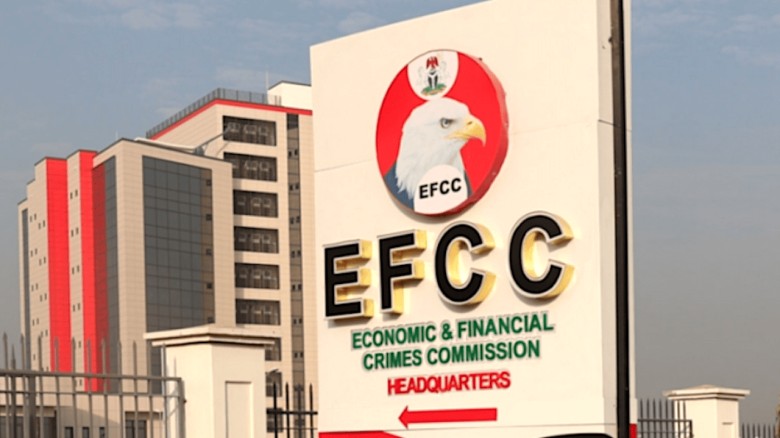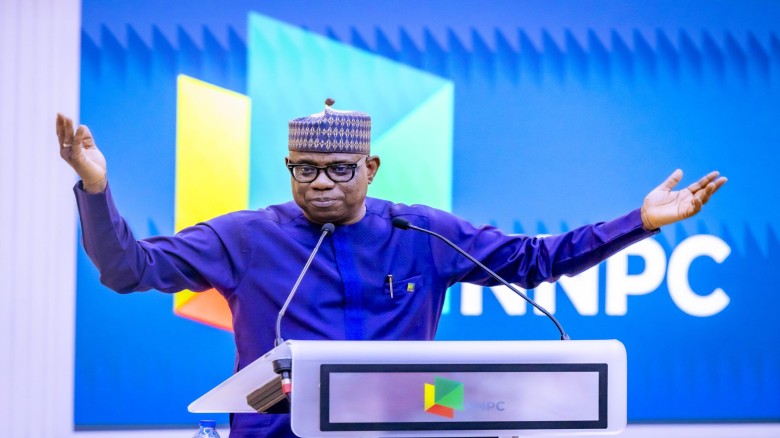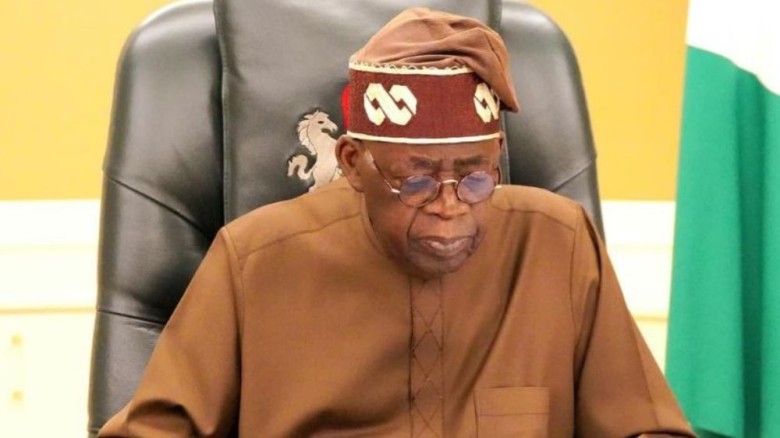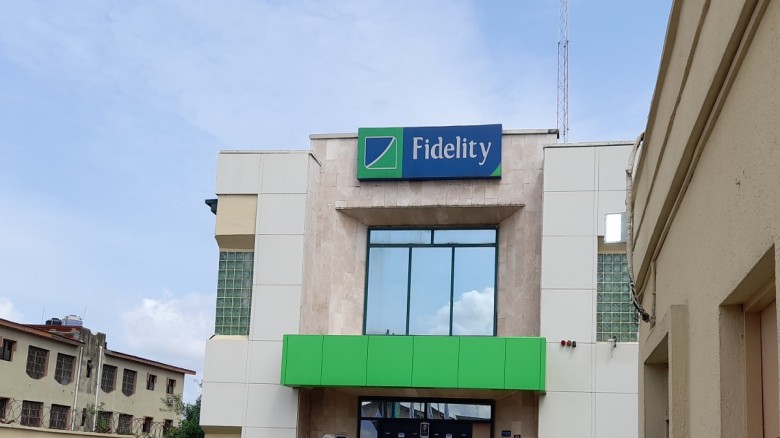FG plans major fiber-optic cable expansion across Nigeria
The Federal Government is preparing for a major infrastructure boost, with plans to lay 90,000 kilometres of fiber-optic cable across Nigeria over the next six months.Dr. Bosun Tijani, Minister of Communications, Innovation, and the Digital Economy, announced this ambitious project while detailing the Ministry's recent achievements.
This extensive deployment aims to significantly improve Nigeria's national connectivity backbone, increasing it from 35,000 kilometres to 125,000 kilometres. The initiative is expected to improve the quality and connectivity of telecom services across the country.
Dr. Tijani stated that funding for this project is being coordinated with international partners, including the World Bank. The Federal Executive Council has approved a Special Purpose Vehicle for the project, which is currently working out its financing structure. The plan is to begin deployment between now and February 2025.
"The FEC has endorsed the SPV, and our development partners are working to finalise the funding structure required for this extensive fiber-optic network," Tijani told reporters. He emphasised that increased connectivity would result in a more vibrant digital ecosystem, creating both short-term and long-term benefits.
The fiber-optic expansion is expected to transform connectivity in Nigeria, connecting more communities and bringing more citizens into the digital economy. This project is expected to increase internet penetration to over 70% while lowering internet access costs by more than 60%. It also aims to include at least half of Nigeria's 33 million people who do not currently have access to the internet.
Economically, the project is expected to boost GDP growth per capita by up to 1.5%, potentially raising Nigeria's GDP from $472.6 billion in 2022 to $502 billion over the next four years.
Despite the positive outlook, stakeholders in the ICT sector have expressed concern about potential roadblocks to the project's success. They emphasise the need for the government to address Right of Way issues in Nigeria's 36 states. These challenges, which frequently include delays and regulatory hurdles imposed by state governments, may impede the timely deployment of the fiber-optic network.
For the project to succeed, the Federal Government must secure cooperation from state governments to overcome these infrastructural and regulatory obstacles.
























Leave A Comment